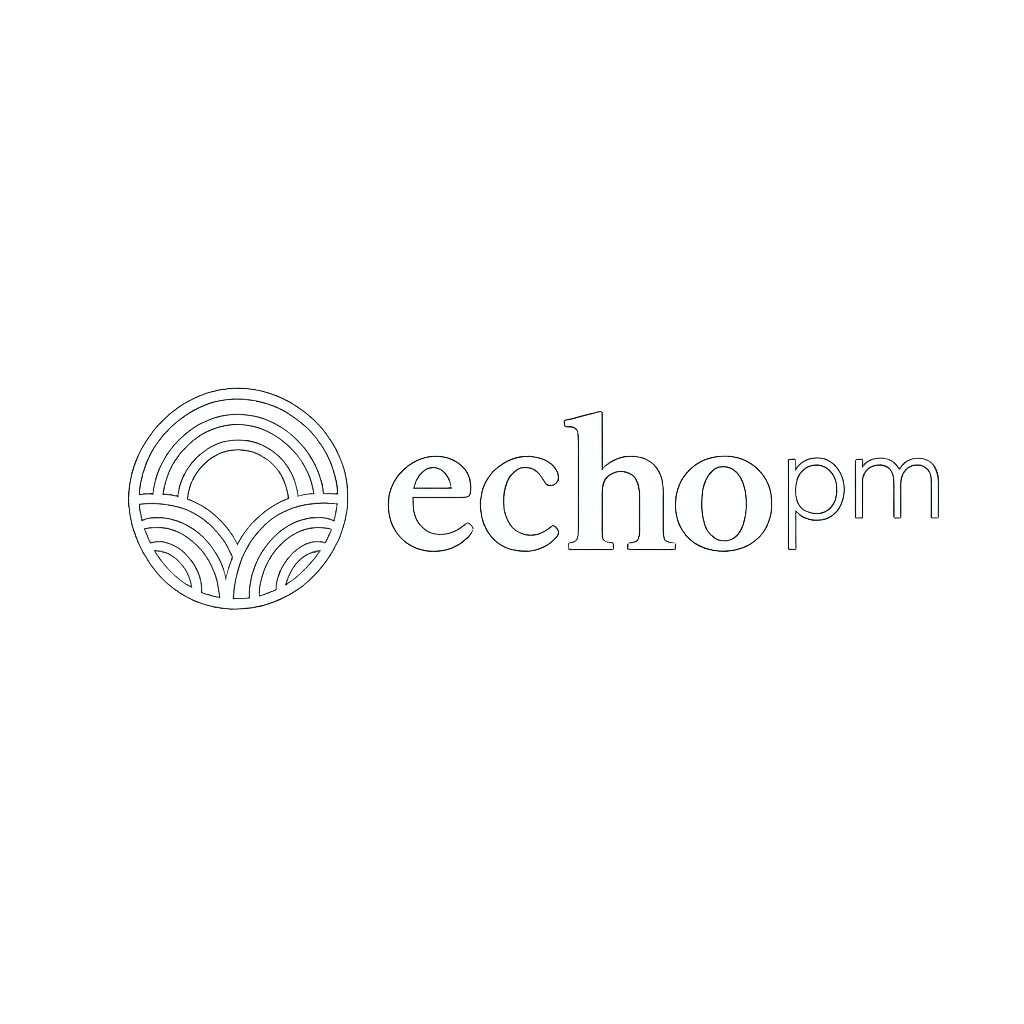You’ve budgeted for rent, right? Great. But if your lease is a financial iceberg, the rent is just the tip. Let’s dive into the sneaky, shadowy, wallet-sucking charges that love to hide in the fine print.
Utility Surprises (Are You Paying for the Whole Building?)
Some leases say “utilities not included” without telling you how they’re split. Surprise! You might be paying:
- A flat fee based on square footage—not your actual usage
- For “shared” costs like hallway lighting or landscaping
- Administrative utility billing fees
🧠 Pro tip: Always ask for average monthly utility bills from the past year before signing. Some landlords will happily provide them—others will get suspiciously quiet. That’s your sign.
Pets, Parking, and Admin Fees—Oh My
Your rent says $1,200. Your reality says $1,430. Why?
- Pet Rent: $25–$75/month, plus a one-time pet deposit
- Parking Fees: $50–$200/month for a space that isn’t even covered
- “Admin” or “Community” Fees: Often vague, always annoying
Look out for charges labeled “processing,” “tech,” or “concierge” fees—especially if they offer no actual tech, processing, or concierge.
Furniture Rentals & Appliance Charges
Some landlords offer “furnished” or “upgraded” units with:
- Washer/dryer rentals
- Furniture bundles
- Smart locks or thermostats with added monthly fees
You’re not just paying for the couch—you’re renting it forever. That IKEA sofa might be fancier, but it’s also $30/month you didn’t budget for.
Lease Break Fees (The Cost of Life Changes)
Life happens. Jobs change. Relationships end. And landlords know it.
Some lease break penalties include:
- One or two months’ rent
- Full forfeiture of your deposit
- A “reletting” fee (even if you find the new tenant yourself)
Ask up front: “If I need to move before my lease ends, what happens?” If the answer is “you’ll owe your soul,” you may want to keep looking.
How to Spot—and Negotiate—These Costs
Before you sign:
- Request a full breakdown of fees (some states require it)
- Ask if any are negotiable—especially admin or parking fees
- Compare with other units in the area. If others are cheaper and simpler, bring it up.
The trick isn’t just knowing the costs—it’s showing your landlord you’re not a rookie.
Conclusion
The base rent is just the beginning. When you add it all up, your “affordable” apartment might cost hundreds more per month. But with the right questions, a little prep, and a skeptical eye, you can spot the traps and save yourself a lot of cash (and headaches).
Rent smarter—not sneakier.

